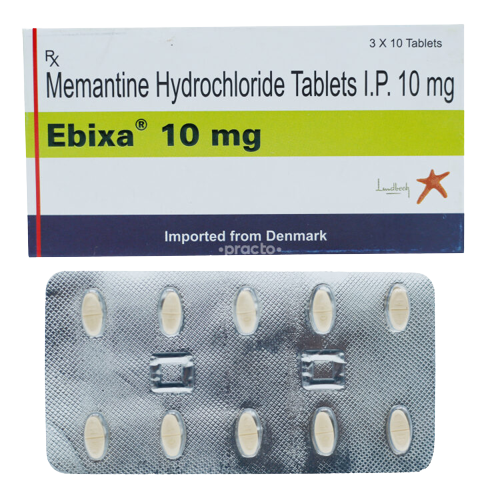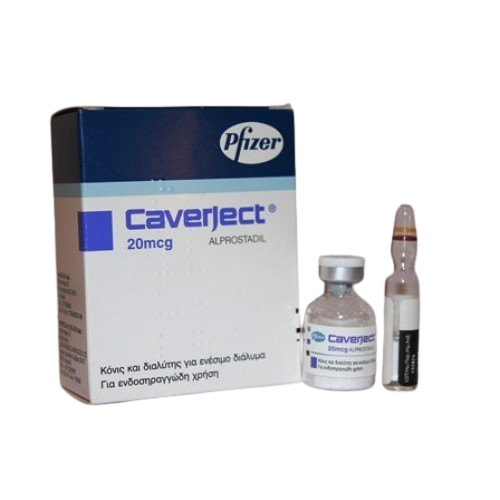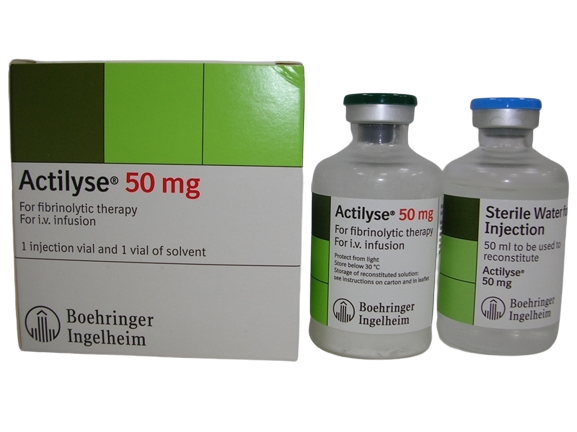Ebixa 10mg 30’ct tablets
Ebixa 10mg tablets are used for the treatment of moderate to severe Alzheimer’s disease in adult patients. The active ingredient is memantine hydrochloride.The recommended maintenance dose is 20 mg per day, achieved by titrating the dose up over the first 3 weeks:
- Week 1: Half a 10 mg tablet (5 mg) per day
- Week 2: One 10 mg tablet (10 mg) per day
- Week 3: One and a half 10 mg tablets (15 mg) per day
- From Week 4: Two 10 mg tablets (20 mg) per day
Ebixa tablets can be taken with or without food and should be taken at the same time each day. The most common side effects are dizziness, headache, confusion, and constipation.Caution is recommended when driving or operating machinery until the effects of the medication are known, as Alzheimer’s disease itself can impair these abilities. Patients with a history of seizures, kidney disease, heart disease, or liver disease should consult their doctor before taking Ebixa
Description
Ebixa 10mg tablets are used for the treatment of moderate to severe Alzheimer’s disease in adult patients. The active ingredient is memantine hydrochloride.The recommended maintenance dose is 20 mg per day, achieved by titrating the dose up over the first 3 weeks:
- Week 1: Half a 10 mg tablet (5 mg) per day
- Week 2: One 10 mg tablet (10 mg) per day
- Week 3: One and a half 10 mg tablets (15 mg) per day
- From Week 4: Two 10 mg tablets (20 mg) per day
Ebixa tablets can be taken with or without food and should be taken at the same time each day. The most common side effects are dizziness, headache, confusion, and constipation.Caution is recommended when driving or operating machinery until the effects of the medication are known, as Alzheimer’s disease itself can impair these abilities. Patients with a history of seizures, kidney disease, heart disease, or liver disease should consult their doctor before taking Ebixa
Mechanism of Action
- Ebixa works by regulating glutamate, an important neurotransmitter in the brain. Glutamate is involved in learning and memory, but excessive levels can lead to neuronal damage in Alzheimer’s disease.
- Memantine, the active ingredient in Ebixa, blocks the harmful overstimulation of glutamate receptors, helping to protect brain cells.
Gradual Dose Titration
- Ebixa requires a gradual dose titration over the first 3 weeks of treatment to allow patients to slowly adjust to the medication.
- This helps minimize side effects and allows the brain to adapt to the therapeutic effects.
Neuroprotective Properties
- In addition to improving cognitive and functional symptoms, Ebixa has been shown to have neuroprotective effects.
- It may help slow the progression of neurodegeneration in Alzheimer’s disease by protecting brain cells from excitotoxicity.
Combination Therapy
- Ebixa can be used in combination with cholinesterase inhibitors like donepezil (Aricept) for added benefit in moderate-to-severe Alzheimer’s.
- The combination therapy targets multiple pathways involved in the disease process.
Flexible Administration
- Ebixa tablets can be taken with or without food, providing flexibility for patients.
- They can also be divided if needed to help with the titration schedule.
Key Benefits
- Improves cognitive function, memory, and ability to perform daily tasks in patients with moderate to severe Alzheimer’s disease
- May help slow the progression of neurodegeneration and protect brain cells from excitotoxicity
- Can be used in combination with cholinesterase inhibitors for added benefit in moderate-to-severe Alzheimer’s
Key Ingredients
- The active ingredient is memantine hydrochloride, an NMDA receptor antagonist
- Memantine blocks the harmful overstimulation of glutamate receptors, helping to protect brain cells
- Each 10mg film-coated tablet contains 10 mg of memantine hydrochloride equivalent to 8.31 mg memantine
- The tablets also contain the following excipients: microcrystalline cellulose, croscarmellose sodium, colloidal anhydrous silica, magnesium stearate, hypromellose, macrogol 400, titanium dioxide (E171), iron oxide yellow (E172)
Mechanism of Action
Ebixa (memantine hydrochloride) works by regulating the neurotransmitter glutamate in the brain. Glutamate is involved in learning and memory processes, but excessive levels can lead to neuronal damage in Alzheimer’s disease.Specifically, memantine is a moderate-affinity, voltage-dependent, uncompetitive antagonist of the N-methyl-D-aspartate (NMDA) receptor. This means it blocks the harmful overstimulation of NMDA receptors by glutamate, helping to protect brain cells from excitotoxicity.By regulating glutamatergic neurotransmission, memantine:
- Improves the transmission of signals in the brain
- Reduces the symptoms of Alzheimer’s disease, such as memory loss and cognitive impairment
- May help slow the progression of neurodegeneration
The neuroprotective effects of memantine are believed to be the key mechanism by which Ebixa provides symptomatic improvements and potentially slows the worsening of Alzheimer’s disease over time.
CH3
|
H3C-C-CH3
|
CH2
|
CH2
|
CH2
|
CH2
|
CH2
|
CH2
|
CH2
|
NH2
|
HCl
This is the structure of memantine hydrochloride, a colourless crystalline substance with a bitter taste. The molecular formula is C12H21N·HCl and the molecular weight is 215.77 g/mol.
Dosage
- Recommended maintenance dose is 20 mg per day (two 10 mg tablets)
- Titrated up over 3 weeks to minimize side effects
Storage
- Store in original package to protect from moisture
- Keep out of reach of children
Reviews
- Used to treat moderate-to-severe Alzheimer’s in adults
- Works by blocking NMDA receptors involved in memory/learning
- Common side effects include dizziness, headache, confusion, constipation
- Caution advised for patients with seizures, kidney/liver disease








Reviews
There are no reviews yet.